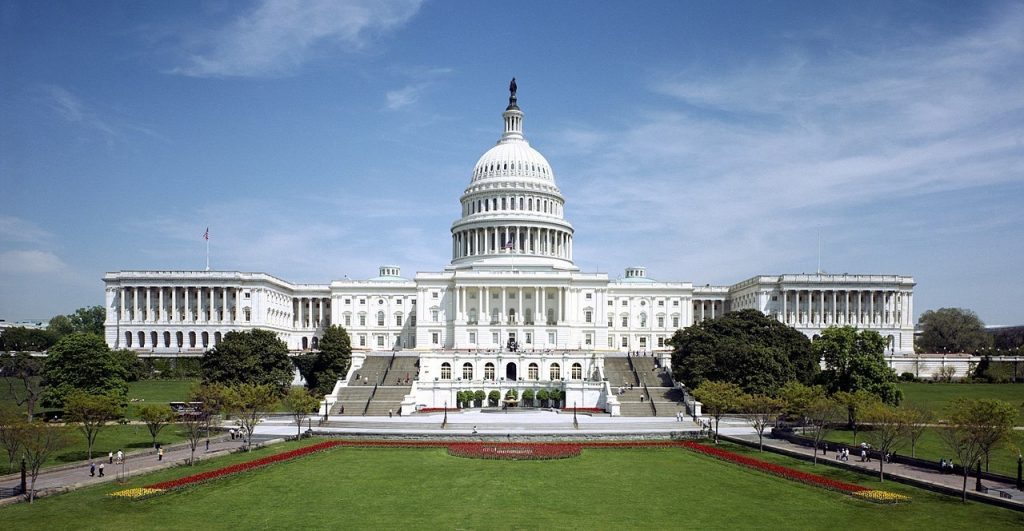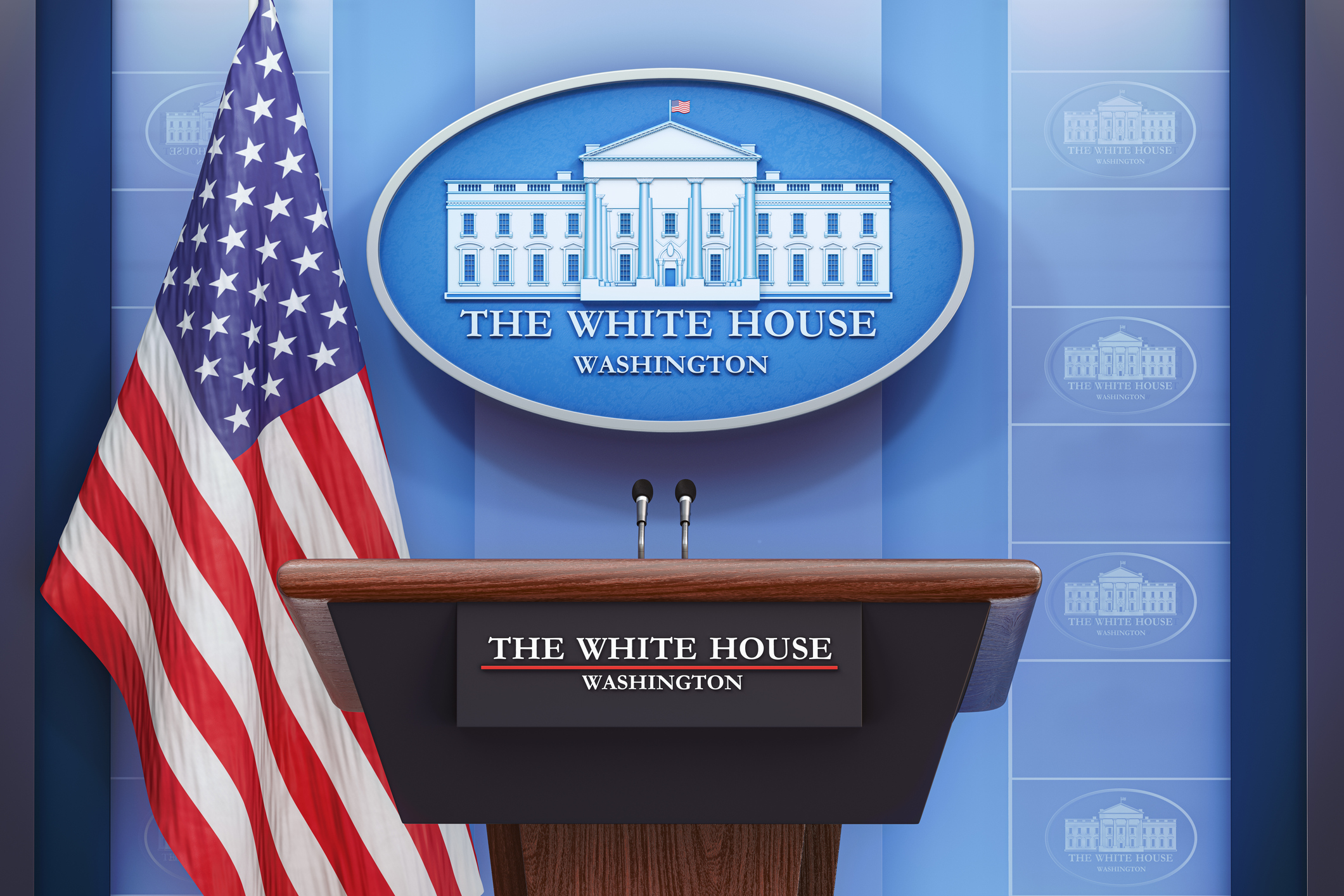
On Friday, the Senate joined the House on a weeklong July Fourth recess after it failed to adopt an amendment that would have blocked the White House from bypassing Congress to take action on Iran.
When lawmakers return the second week of July, the House will take up the defense and intelligence authorization, arms sales, and raising the federal minimum wage. The Senate will take up nominations, spending bills and funding for Sept. 11 first responders. Congressional negotiations with President Trump to raise budget caps and the debt ceiling will continue.
National Defense Authorization Act (NDAA)
Senate
Before Senators headed home, the Senate passed its $750 billion national defense authorization act (NDAA) for fiscal 2020 (S. 1790) by a vote of 86-8. That amount includes about $642.5 billion in base funding for the DOD and $75.9 billion in OCO funding.
The bill would authorize a 3.1% pay increase for troops. The Senate-approved NDAA would also authorize the creation of a Space Force within the Air Force.
House
The House plans to take up its own defense measure (H.R. 2500) after lawmakers return. The House Armed Services Committee approved a $733 billion authorization bill earlier this month. The Pentagon would be authorized to spend $633 billion in regular funds and another $69 billion in OCO under the measure. The measure would also permit a 3.1% pay raise for troops.
Appropriations, Debt, & Budgeting
After the recess, President Trump & Congressional leaders will continue to negotiate an increase to federal budget caps and the federal debt limit. Time is of the essence as there are now less than 30 congressional work days before government funding runs out on Sept. 30. Without new spending bills or a stopgap measure, the government would shut down Oct. 1.
On the Horizon
- Former Special Counsel Robert Mueller will testify at a July 17 House Judiciary hearing on Russian interference in the 2016 election and to what extent President Donald Trump obstructed justice in the probe
- The House plans to take up take up intelligence program authorization legislation (H.R. 3494) shortly after recess
- The Senate could approve legislation to ensure continued payments to Sept. 11 first responders.
- The House will also take up legislation increasing the federal minimum wage and blocking the sale of arms to Saudi Arabia, both of which President Trump would veto.
Latest News
Photo credit: iStock.com/24K-Production Across the United States, lawmakers are increasingly reconsidering psilocybin policy in response to growing evidence of its therapeutic potential. Psilocybin is a naturally occurring psychedelic compound found in particular species of mushrooms. [...]
Photo credit: iStock.com/sommart In 2025, state governments across the U.S. are advancing initiatives to improve administrative efficiency and modernize civil service, adopting tailored strategies to better serve residents. Recognizing the importance of adaptability, innovation, and [...]
Photo credit: iStock.com/BackyardProduction Governor Josh Shapiro delivered his 2025-26 budget address, outlining economic initiatives, public safety measures, infrastructure improvements, and education funding. His speech emphasized continued investment in key sectors to strengthen Pennsylvania’s [...]
Photo credit: iStock.com/Bet_Noire On January 20, 2025, Donald Trump was inaugurated as the 47th President of the United States, marking the beginning of a second term in office. Trump immediately set the tone for the [...]






Stay In Touch